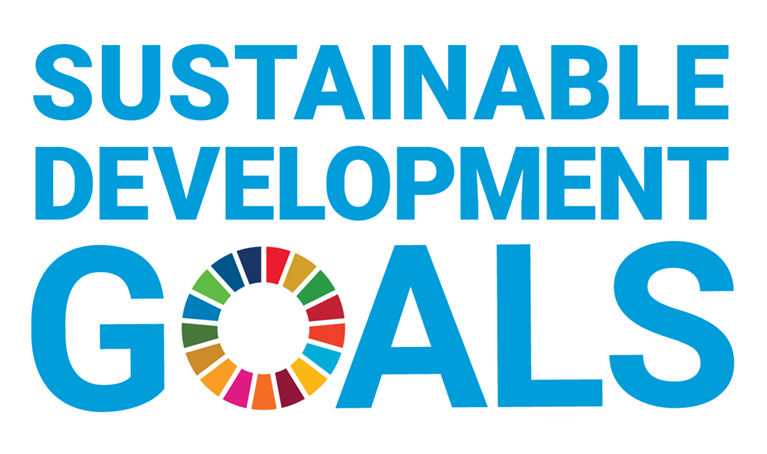
Agroecology for Europe (AE4EU)
Funder
Horizon 2020 No.101000478
Value
€2 million Euro total project
€196,350 to CAWR
Collaborators
ISARA (FR), UNISG (IT), Agroecology Europe (BE), THUENEN (DE), Stichting Wageningen Research (NL), Gkisakis Vasileios (GR), ECVC (BE), CREA (IT), Universidad de Santiago de Compostela (ES), Eco Ruralis (RO), Sveriges Lantbruksuniversitet (SE)
Team
Ulrich Schmutz, Sara Burbi, Angela Hilmi, Michel Pimbert, Lindy Binder
Duration
January 2021 - December 2023
CAWR Themes
Community Self-Organisation for Resilience
Resilient Food and Water Systems in Practice
Fundamental processes and resilience
Policies and institutions to enable resilient food and water systems
Sustainable Development Goals
2 - Zero hunger
5 - Gender equality
6 - Clean water
8 - Decent work and economic growth
11 - Sustainable cities and communities
12 - Responsible consumption and production
13 - Climate action
15 - Life on land
17 - Partnerships for the goals

Project Overview
European agriculture and food systems are strongly impacted by a large number of challenges such as soil erosion and degradation, water quality, loss of biodiversity, food insecurity, access to land and other productive resources, indebtedness of farmers, loss of farms, and climate change. Agroecology, as a way to design, develop and promote the transition towards biodiversity-friendly, low environmental impacting, and socially and economically just farming and food systems appear as key approaches to face these challenges.
AE4EU aims to enable a successful transition to agroecology through a strong development with ambitious and longer-term joint actions at European level in research, innovation, networks, training and education. Thanks to a European network and the involvement of different actors from diverse horizons and sectors, the project will analyse agroecology through its different pillars: as a science, a set of practices, and a social movement.
Project objectives
Increase connections between relevant actors: Understanding, mapping and identifying the state of the art of agroecology in European countries as well as the actors involved is the indispensable foundation to connect relevant actors and grasp agroecology at the European level. One goal is to establish a European Agroecology Exchange Network.
Develop skills and methods for developing research infrastructure and living labs: Living Labs are user-centered, open innovation ecosystems based on a participatory co-creation approach including the user as well as actors from various backgrounds for integrating in real life communities and setting. The establishment of living labs, research infrastructure and agroecology-territories are key to allow a successful transition to agroecology. AE4EU will develop a framework aiming to favor and to assess past and ongoing agroecological living labs, research infrastructure and agroecology-territories.
Prepare funders for increased and complementary funding of agroecology: AE4EU will identify potential adaptations for long-term funding schemes to support enhanced cooperation and coordination of public and private national or European funders and develop recommendations for enlarged and complementary funding.
Improve human and social capital: A European Agroecology Exchange Network Hub that will include a diversity of stakeholders (such as farmers, up- and down-stream businesses, researchers, consumers and citizens) will be set up in order to facilitate knowledge exchanges in the Europe-wide network of agroecology; identify pathways of co-development and co-learning for strengthened agroecological research and innovation.
Improve capacity to tailor policy interventions to specific situations: AE4EU will identify and analyse policy frameworks that include elements of agroecology. Recommendations for future policies that support and promote the development of agroecology in Europe will be provided, in particular considering the context and aims of the Eco-schemes and the recently approved European Green Deal, Farm to Fork strategy and the CAP.
Provide a road map and a stakeholder network framework for a European partnership in agroecology: AE4EU will develop a road map and framework for a European network that includes agroecological living labs, research infrastructure and other relevant actors to build a European partnership. The overall goal is to accelerate the transition towards sustainable farming and food systems practices by promoting networking, connectivity and place-based innovation in a co-creative environment.




